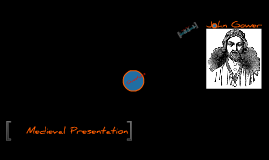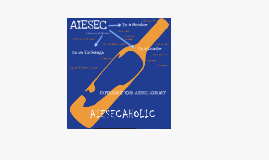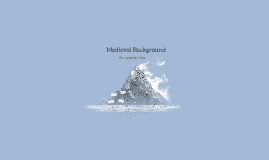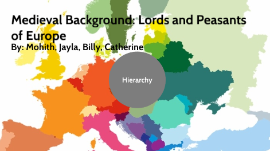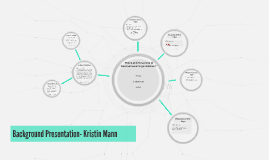Medieval Background
Transcript: Power Magna Carta or "Great Charter" This document was signed between the feudal barons and King John The Magna Carta was a series of written promises between the King and his subjects that he the king would govern England and deal with its people according to the customs of feudal law This was a way to limit/restrict the kings power The king would now have to consult with the barons before making any big decisions such as taxes, as well as promise to protect the freedoms of the church and guarantee certain freedoms to all free men The Magna Carta was not only intended for the present King but for future Kings and Queens The Feudal System Feudalism - Feudalism was a combination of legal and military customs in medieval Europe that flourished between the 9th and 15th centuries. Broadly defined, it was a way of structuring society around relationships derived from the holding of land in exchange for service or labor. The King - is in complete control. The Barons - Leased land from the King and are considered as Manors. They were in complete control of their leased land. The Knights - Were given land from the Barons in return for their military service. Villeins or "Serfs" - Given land from the knights in return they provided free labor, food, and service. How it started: The need for society to pull back together grew. Everyone believed that following one King made life easier to follow and easier to survive. They ultimately fell back on the idea of personal bonds between the leaders and their followers. The Decline: The Feudal System worked for many hundreds of years. There were many events that actually took down the Feudal System. For example: The Crusades, The Black Death, more trading leading to the growth of more towns, peasants moving away, and many other aspects that slowly destroyed the Feudal System. Overall, it declined because it switched from a land-based economy to a money-based economy. The Serfs - The Serfs make up 90% of the people in the feudal system and they were usually very poor, worked six days a week, and were likely to die by age 30. It is said that if you work hard and save your money, you will move up in the food chain. In the Feudal System, it was almost impossible to change classes. You either had to be born into it or move to a new place and start over. They were technically considered as the slaves of the time period. http://www.historyonthenet.com/medieval_life/feudalism.htm http://www.hierarchystructure.com/feudal-system-social-hierarchy/ http://www.castlesandmanorhouses.com/life_10_feudal.htm The 100 Year War! *The war lasted 116 years, from 1337 to 1453 being fought on many farms and lands; the whole point of the war being England gaining all control over France. *The war inflicted misery on France farmlands were wasted, population declined from plagues and famine and marauders terrorized the countryside. *Edward led raids into the land called chevauchées, striking deep into the land of the French burning crops, plundering cities, and causing havoc. For more money on the war and campaigning, taxes had to be increased on the Common People. The result of the war was the fall of Feudalism and giving the common people and monarchs more power and control which then made them feel more patriotic to their country and lords. War of the Roses Henry was part of the Lancastrians and Richard was part of the House of York. The House of York wore a white rose to represent their family The Lancastrian House wore a red rose to represent their family Henry VI lapsed into insanity in 1453 and his cousin Richard III was appointed king in 1454 then in 1454 Henry recovered and dismissed Richard In 1455, York raised an army of 3000 men and marched to London the bloody encounter lasting less than an hour and Yorkists carried the day, the Duke of Sumerset was killed and Henry was captured by the Yorkists Gathering forces in Northern England, Lancastrians surprised and killed Richard outside his castle in Wakefield in December of 1460.Then marched South to London defeat Warwick on the way at the second battle of the Albans William the Conqueror William brought England together by introducing modern castle building. He gained control over the people of England by the Feudal system as well as the Domesday book. Even after his death he financially tied down many people by the Domesday book because he had records of the citizens. The book was records of who owned what around England and who owed the king money. William the Conqueror didn't benefit from the Domesday book because of his death but his successor, William Rufus did benefit from it. Joan of Arc Modern day doctors would diagnose her with epilepsy, or schizophrenia. At age 12 Joan of Arc started hearing voices and seeing images that she claimed were signs from God While commander of the French army, Joan of Arc didn't participate in combat. She never fought or killed. Joan of Arc asked Charles of Valois to give her an army to lead to Orleans,






